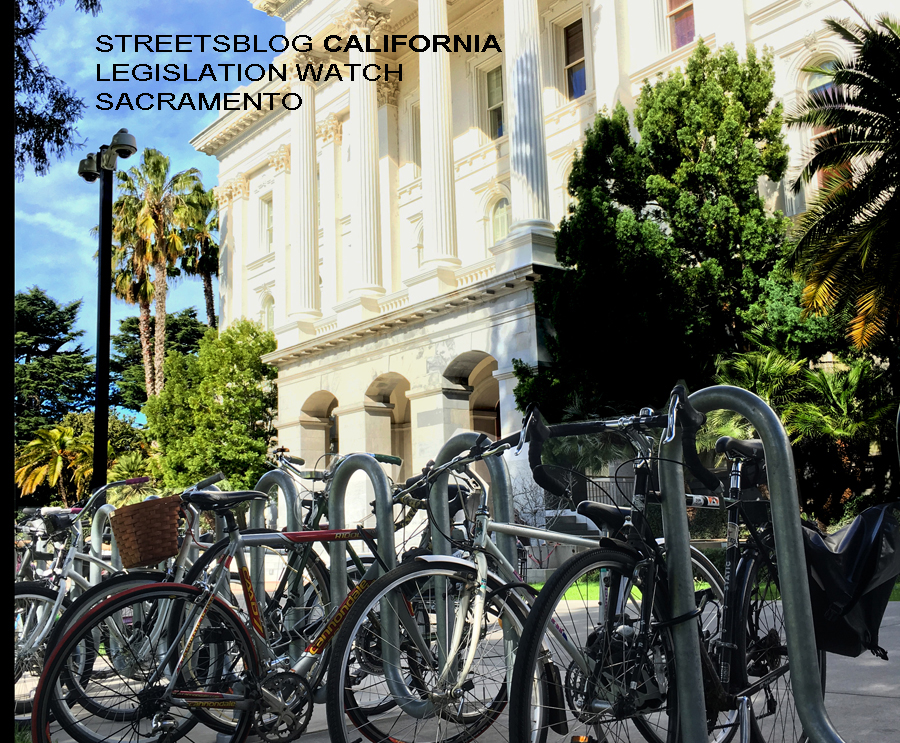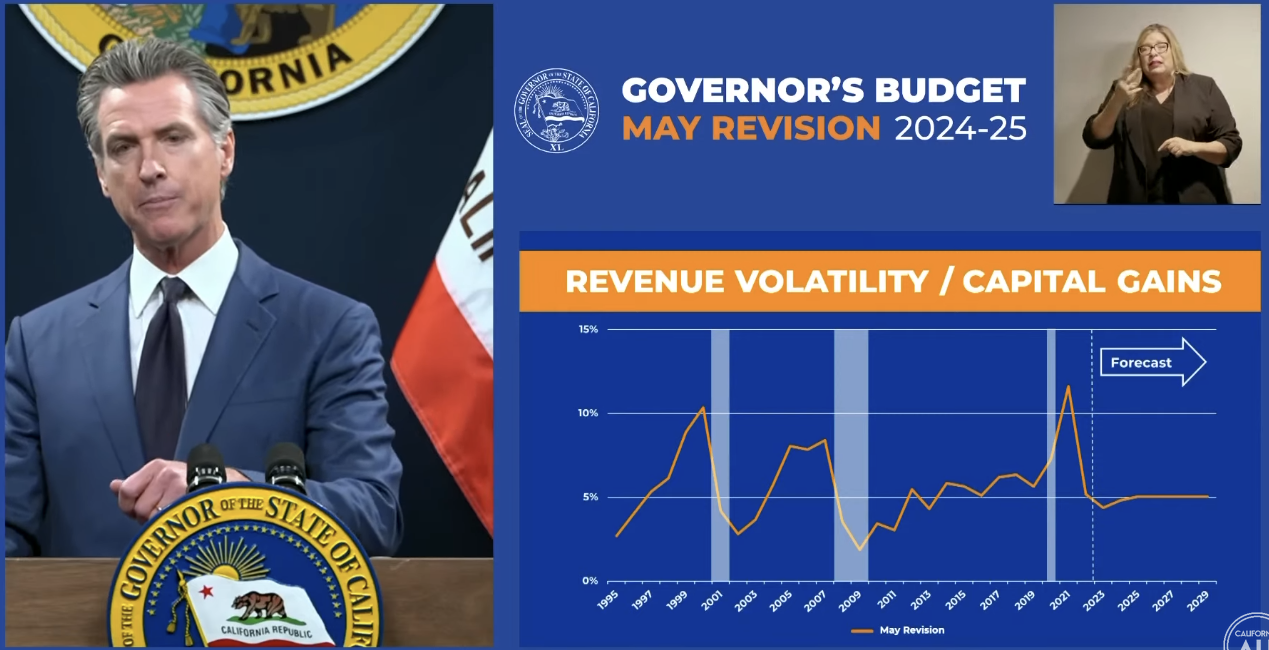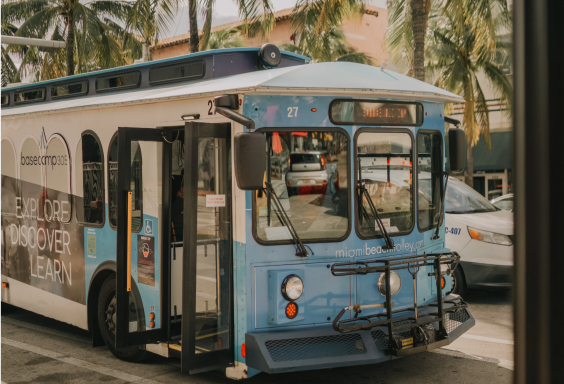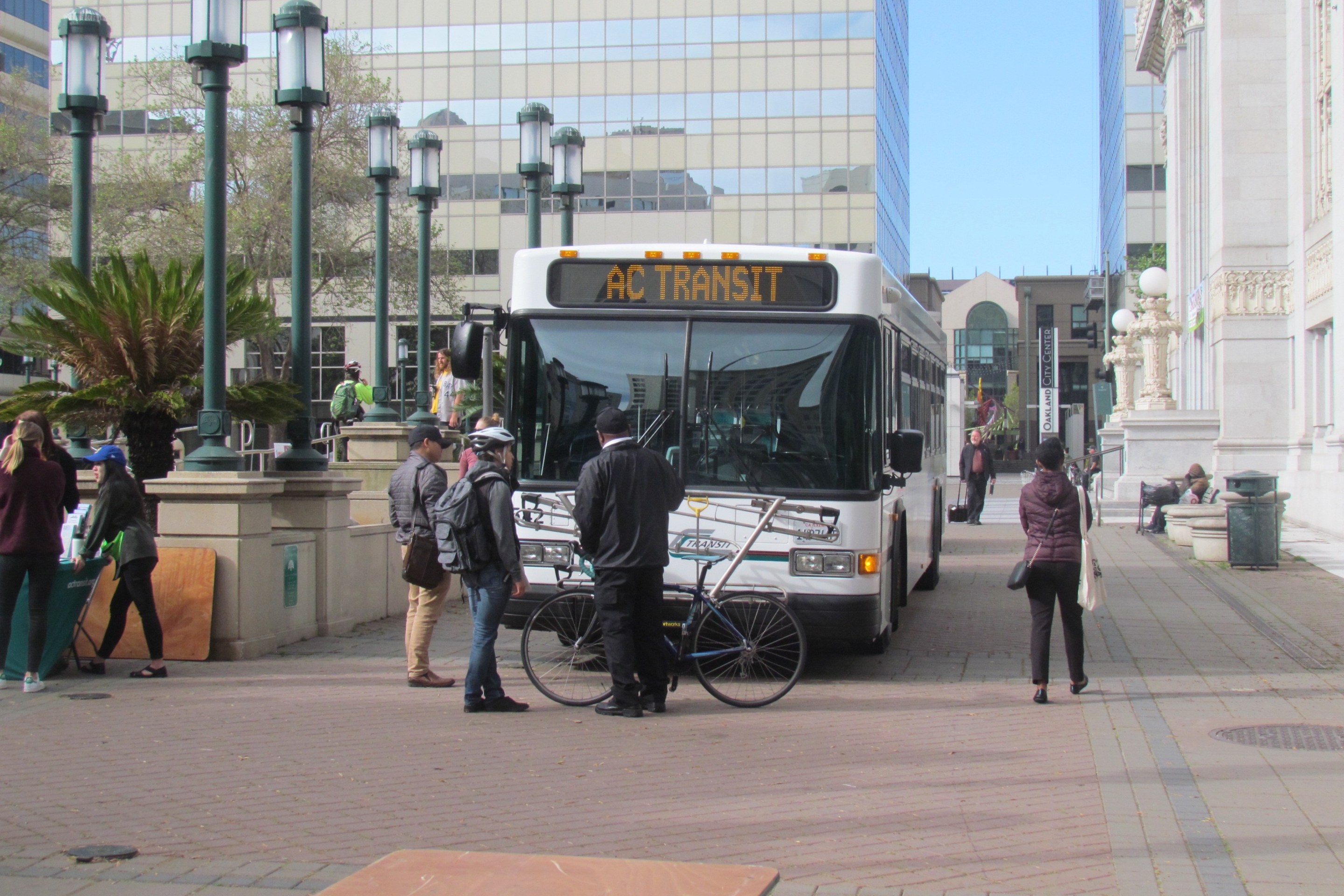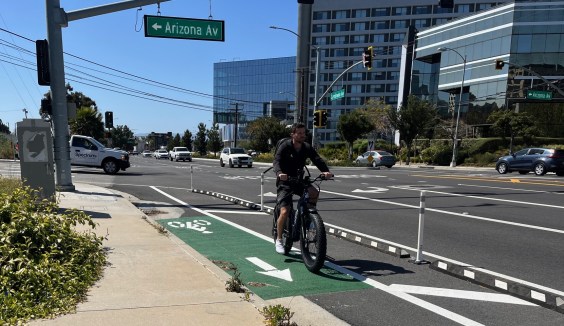Governor Brown signed A.B. 179, a bill that aims to improve representation on the California Transportation Commission (CTC). The bill requires the governor to “use every effort” to make sure the CTC “has a diverse membership with expertise in transportation issues,” and to consider “socioeconomic background and professional experience, which may include experience working in, or representing, disadvantaged communities.”
Until this bill, the only restriction on appointments--which are made by the governor--was a recommendation to strive for geographic balance among commissioners. Current commissioners are from Northern and Southern California, coastal areas, and inland valleys. They include members with backgrounds in labor organizations, business organizations, construction companies, real estate companies, and transportation agencies.
At a Senate committee hearing on the bill, Senator Jim Beall (D-Campbell), a member of the CTC, as quoted in an earlier Streetsblog article, said:
We need to have a more diverse state transportation commission. It is imperative that we have all viewpoints in this new era. . . California needs to have viewpoints [representing] of all the ideas we need to make transportation work in California, and also deal with socioeconomic environmental issues. It’s very complex.
Senator Beall also underlined how important it is for the legislature to state for the record “that we want to have diversity on our commissions.”
“This is wonderful,” said Josh Stark of TransForm. “This is a good first step in getting the CTC to a place where it honestly represents all of California, including the 48 percent that fall within the definition of a disadvantaged community.”
A bill to create a student transit pass program, from Assemblymember Chris Holden (D-Pasadena), did not fare as well. After several years of trying, he got a bill as far as the governor's desk, where it was stopped cold.
Brown, pointing out that many transit agencies already have student discounted pass programs, wrote in his veto message, “Before we create this statewide program, I think we should have a fuller discussion on how local transit discount programs work and how any new ones should be paid for.”
It's true, this is a discussion that needs to be had—although creating a program could get that conversation started. Holden has championed transit pass programs through two sessions of the legislature. His bills would have created a pilot program to provide free or reduced-cost transit passes for low-income students at California’s community college, middle, and high schools. The program would not only have helped students who are struggling with finances, but could have helped cut down on car trips to schools and thus reduced greenhouse gas and other emissions.
“I’m disappointed in Governor Brown’s decision to veto Assembly Bill 17,” said Holden. “At the same time I look forward to working with his office to ensure next year’s budget includes funding to increase transit passes for California’s low-income students.”
Although both of Holden's bills had strong support among legislators, there was little agreement about how to fund them. A.B. 17 started out calling for $100 million in funding, but the money got stripped out before the legislature was finished with it. Among all of last year's discussions about the budget, about cap-and-trade funding, and about money from gas taxes, there was never a strong enough commitment to funding ways to increase transit ridership.
But Stark is optimistic about Brown's response. “He just said: this is a good idea, we need to talk about it more, and we need to find a funding stream" said Stark. "We are looking forward to talking directly with the governor's office next year, and having a deeper discussion about what kind of program we can make, and how to have an impact on more students.”
MoveLA has also been a champion of transit pass programs, and they also see reason for hope. “Despite the Governor's veto, we remain sanguine about providing transit passes to students so they can access a better education,” wrote Eli Lipmen of MoveLA. The organization will continue working to create a universal transit pass for all students at L.A. Trade Tech, based on a successful pilot program in Alameda County.
MoveLA will also take up the topic at its annual Transportation Conversation in L.A. on October 27.
